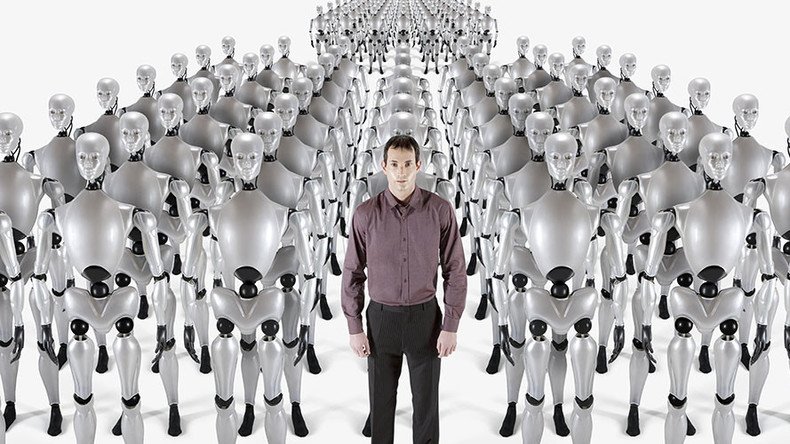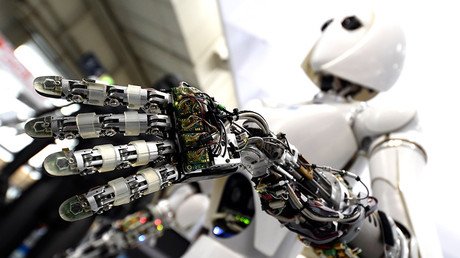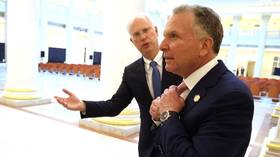Robots will wipe out humanity in few hundred years, Astronomer Royal says

Robots could wipe out humans within the next few hundred years and have billions of years of history ahead of them – much longer than humanity has had, according to Astronomer Royal Lord Rees.
“Within a few centuries machines will have taken over,” making human dominance on Earth just a small phase in the planet’s history, the astrophysicist said.
Speaking to The Conversation, Lord Rees, Emeritus Professor of Cosmology and Astrophysics at the University of Cambridge, said there will be technology that will allow humans to search for alien life within the next 10 or 20 years.
He also noted that aliens may not have yet developed into “intelligent life” or could be “electronic entities” that have overthrown and replaced the organic life forms that first designed them.
“My guess is if we do detect an alien intelligence, it will be nothing like us. It will be some sort of electronic entity.
“If we look at our history on Earth, it has taken about four billion years to get from the first protozoa to our current technological civilization.
“But if we look into the future, then it’s quite likely that within a few centuries, machines will have taken over – and they will then have billions of years ahead of them,” Lord said.
“In other words, the period of time occupied by organic intelligence is just a thin sliver between early life and the long era of machines.
“Because such civilizations would develop at different rates, it’s extremely unlikely that we will find intelligent life at the same stage of development as us. More likely, that life will still be either far simpler, or an already fully electronic intelligence,” he explained.
Lord Rees has previously warned that governments should be spending millions annually on asteroid defense, claiming it was a worthwhile investment to protect humanity from a deadly space rock.
Elon Musk, the head of SpaceX and OpenAI, and Microsoft co-founder Bill Gates have also warned that artificial intelligence could pose a threat to humankind.
Famed physicist Professor Stephen Hawking has also raised concerns about robots, recently pleading with world leaders to rein in technology before it destroys humanity.














